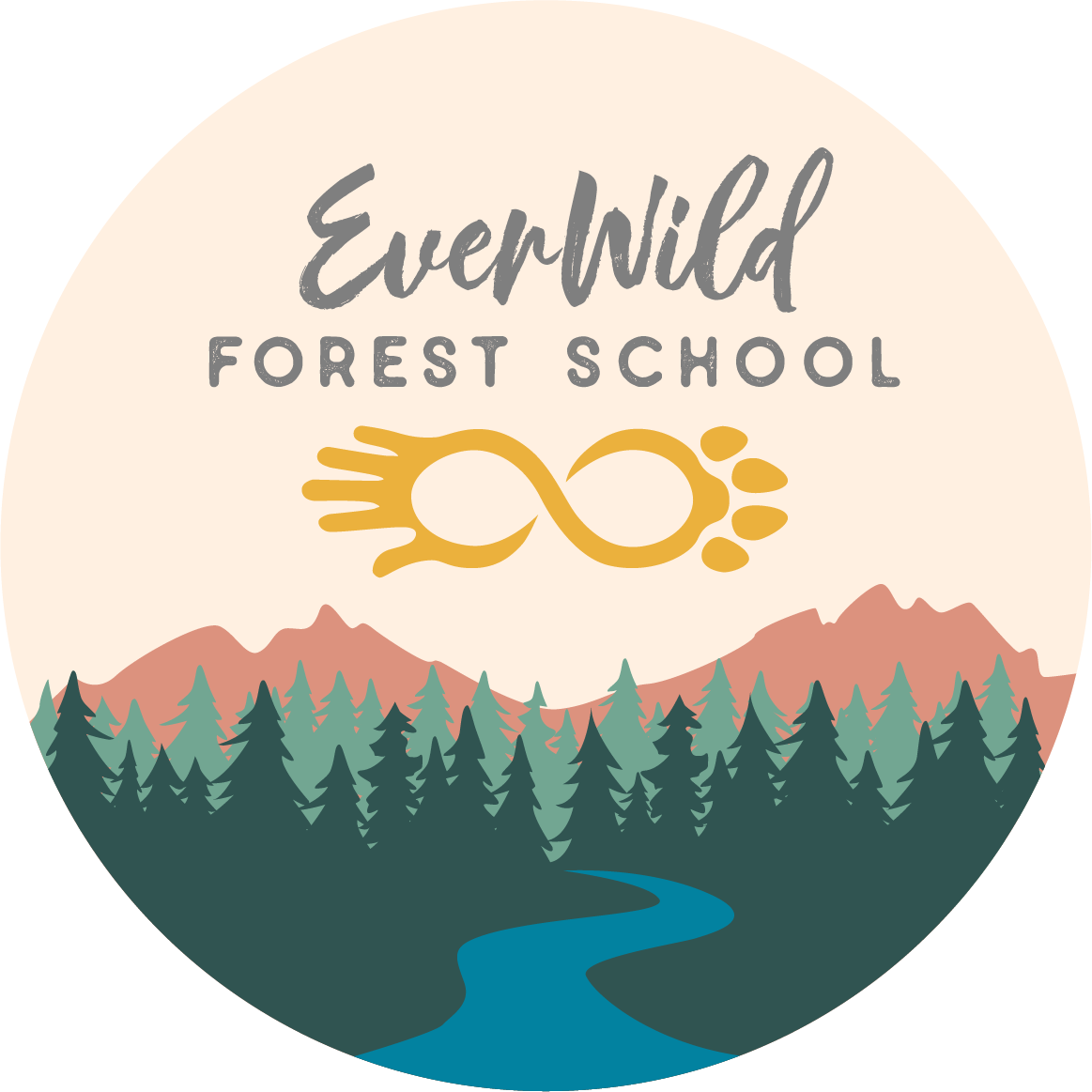How Forest School Helps Regulate Children
In today's fast-paced, technology-driven world, children often find themselves caught up in the whirlwind of screens, schedules, and stress. As parents and educators search for holistic approaches to nurturing well-rounded individuals, one concept has been gaining momentum and sparking curiosity – Forest School. This alternative education model, rooted in nature, is not just about learning outdoors; it's a powerful tool for regulating children and fostering their holistic development.
Nature Connection
At the heart of Forest School is the natural world. Children are immersed in the great outdoors, surrounded by trees, wildlife, and the elements. This direct connection with nature has a profound impact on their physical and emotional well-being.
Stress Reduction: Spending time in nature has been scientifically proven to reduce stress levels. Forest School provides a haven where children can escape the hustle and bustle of everyday life, breathe in the fresh air, and find tranquility amidst the trees.
Enhanced Focus: Nature's unpredictability fosters curiosity and keeps children engaged. The forest becomes a living classroom, promoting deep concentration and problem-solving skills as they navigate the environment.
Physical Health: Running, climbing, and exploring in a natural setting improves physical fitness. Forest School encourages active play, helping children develop strong bodies and coordination.
Emotional Regulation
Forest School isn't just about learning facts; it's about cultivating emotional intelligence and resilience.
Empathy and Connection: Nature teaches children to empathize with living creatures, the ecosystem, and perts. Observing the interdependence of plants and animals with other children fosters a sense of responsibility and connection to the world and each other.
Self-Awareness: In the serene setting of the forest, children have the space to reflect on their emotions and learn to manage them effectively. This self-awareness contributes to improved emotional regulation.
Problem Solving: When children face challenges in the outdoors, they learn to adapt and problem-solve. These skills not only apply to being in nature but also to everyday life challenges.
Social Development
Interacting with peers and adults in a natural setting presents unique opportunities for social growth.
Cooperation: Building forts, exploring streams, and sharing experiences in the forest require cooperation and teamwork. These experiences promote positive social interactions and communication skills.
Conflict Resolution: Conflict is a natural part of social interaction. Forest School provides a supportive environment for children to learn how to resolve conflicts peacefully and develop conflict-resolution skills.
A Holistic Approach to Education
In a Forest School, children learn not just from textbooks but from the world around them. They develop a deep sense of wonder, respect for nature, and emotional intelligence that serves as a solid foundation for future learning.
While Forest School may not be accessible to everyone, incorporating elements of nature-based learning into a child's routine can have profound effects. Weekend hikes, camping trips, or even spending more time in local parks can contribute to the same benefits.
Forest School is more than just an educational approach; it's a journey of self-discovery and connection to the world. By immersing children in nature, it helps regulate their emotions, fosters their development, and prepares them for a balanced, resilient, and fulfilling future. Embracing the magic of the forest is a step toward nurturing the well-being of our children and the planet they will inherit.

